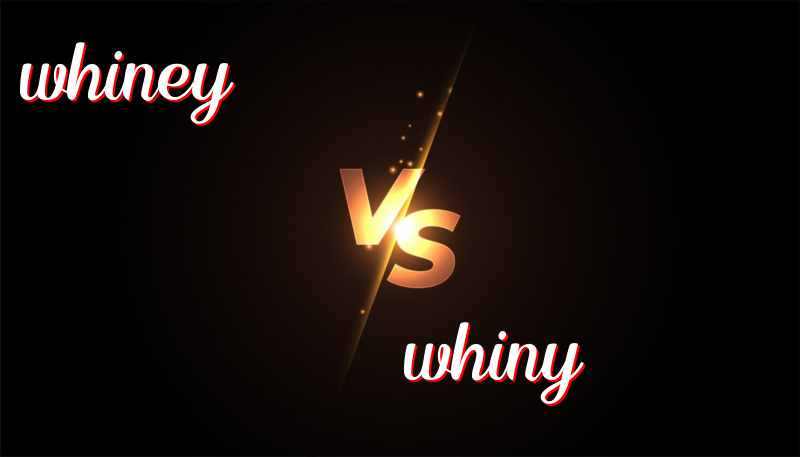Whine Time: The Tale of Old vs. New Whiny
September 17, 2024
Whiney vs Whiny: What’s the Difference?
Both “whiney” and “whiny” are words in English, but they are used in different ways. Let’s learn more about these words and how to use them.
History
“Whiney” and “whiny” come from the word “whine.” A “whine” is a high, sad sound that people or animals make when they are not happy.
How to Use Them
“Whiney” is an old form of the word “whiny.” It is not used much today.
“Whiny” is the word we use today. It means someone who complains a lot in a high, sad voice.
Trick to Remember the Difference
Remember, “whiny” is the modern word. If you see “whiney,” think it looks old-fashioned, like an old book.
Example Sentences with “Whiney”
- The old book used the word “whiney” to describe the sad child.
- In the past, people said “whiney” instead of “whiny.”
- Grandpa read an old story with the word “whiney” in it.
- The movie had a character who was very “whiney.”
- “Whiney” can be found in old English texts.
Example Sentences with “Whiny”
- The child was very whiny when he wanted a toy.
- The dog made a whiny sound when it was hungry.
- She didn’t like working with whiny people.
- The baby became whiny when he was tired.
- His whiny voice annoyed everyone in the room.
Summary
“Whiney” is an old word, and “whiny” is what we use today. Both mean someone or something that makes a high, sad noise when unhappy. Use “whiny” for modern writing and speaking.

Leave a Reply
You must be logged in to post a comment.